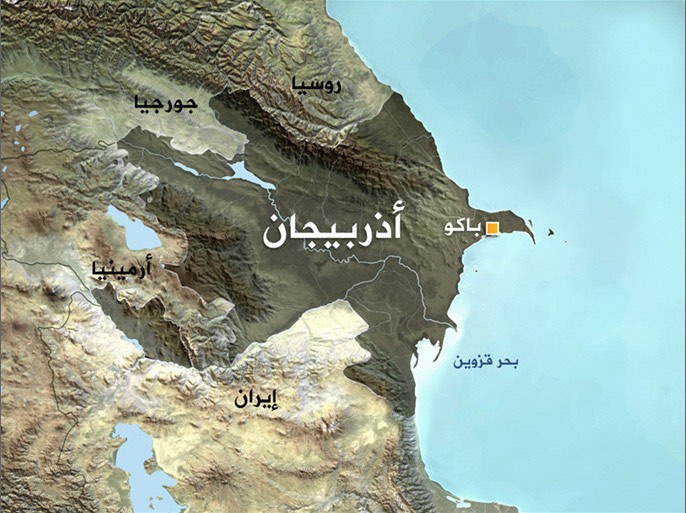The Azerbaijan Republic gained its independence on August 30, 1990. It represents an important road node between West Asia and Eastern Europe, in addition to that it overlooks the Caspian Sea to the east, Armenia to the west, Russia to the north, Turkey also with short borders, Iran to the south and Georgia to the northwest. Azerbaijan is considered one of the rich countries With crude oil, natural gas and many important minerals, and after the independence of Azerbaijan, the government concluded several important agreements with major international companies in the field of crude oil and natural gas extraction, including BP, Exxon Mobil and others, being able to exploit the deep oil fields that the Soviets could not exploit. Azerbaijan represents an economic location Important for the transportation of raw materials, and a number of important lines for transporting oil and natural gas cross its territory, in addition to its important role in the Silk Road, green spaces prevail in large parts of the country between green pastures and the cultivation of many types of grains and legumes, in addition to the cultivation of cotton and medicinal plants.
Azerbaijanis make up the vast majority of the country’s population in addition to other minorities. The population structure in Azerbaijan does not depend on race or religion. There is great homogeneity between the components of the Azerbaijani society. The Azeri constitution was approved in November 1995. The government succeeded in establishing diplomatic relations with 158 countries. It is a member of 38 international organizations.
The state’s foreign affairs Politics focused on several matters, including restoring the lost Azeri lands, such as Nagorno-Karabakh and seven other regions (we will address them in the coming sections), developing relations with the regional and international community based on mutual benefit, enhancing security and stability, developing energy projects and the transport network across its lands. At the level of education, it has reached Its lowest levels during the Soviet Union era, after the illiteracy rate reached zero in 1970, and the government worked to improve the educational level, but it did not rise to the required level, and education is compulsory until the age of 14 years.
to be Continued….
* It is strictly forbidden to use the information and the studies contained on this site, except with prior permission from the administration and the authors Thualfuqar center.

